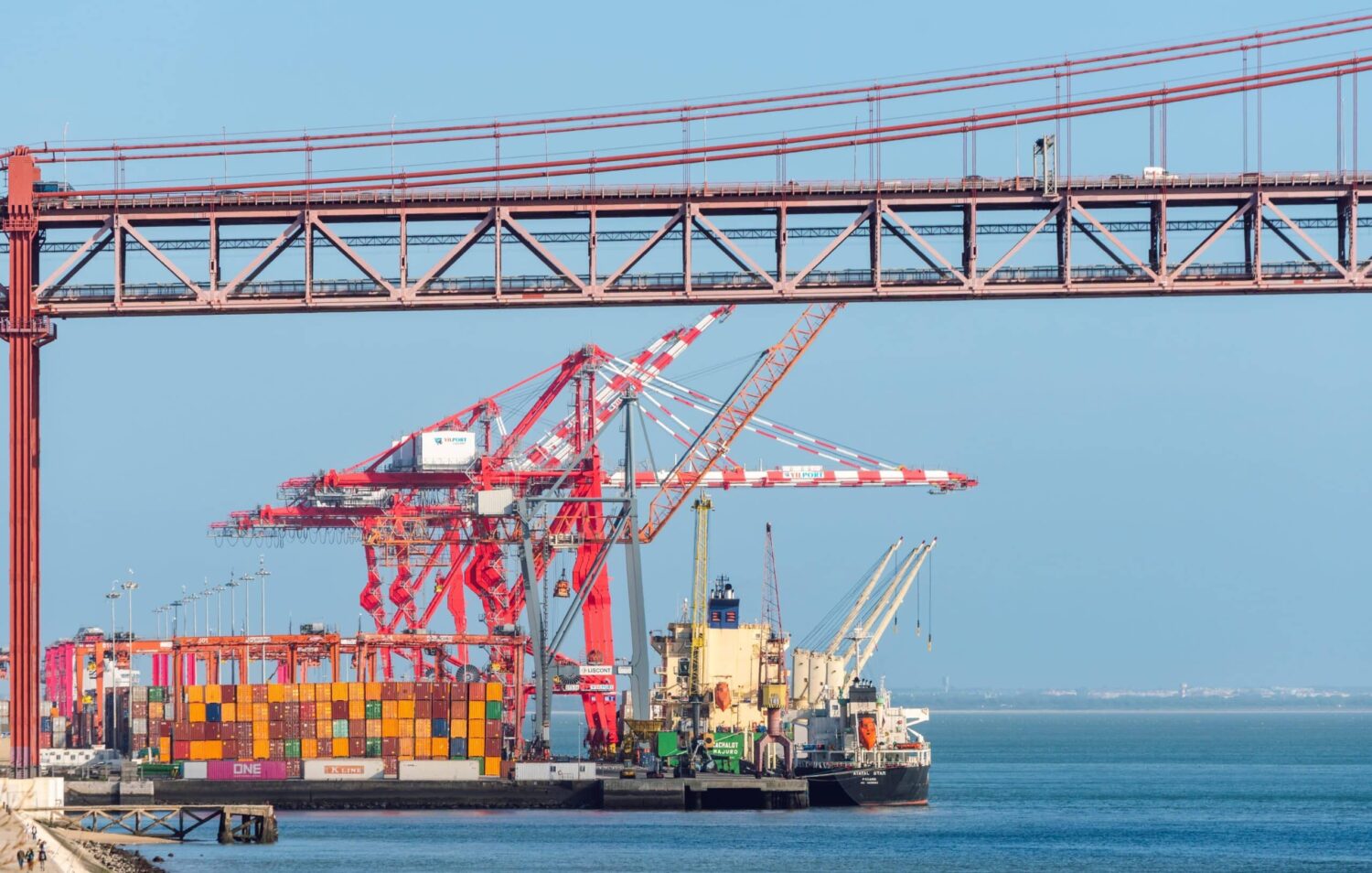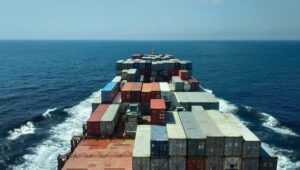Portugal discovers tariffs “not the only problem”
With the world in turmoil over the looming list of tariffs promised by Donald Trump, Portugal has discovered the nightmare is just beginning.
Last week, several Portuguese companies that supply goods and services to the US on national territory (both here and in the Azores) started receiving letters from the US embassy in Lisbon, essentially informing them that they will have to abandon policies of ‘diversity, equity and inclusion’, or risk not being paid.
As ECO online reports, companies believed to have received the letter include Vodafone Portugal, Fidelidade, Mota-Engil, GALP, Caetano Automotive, CTT, Allianz Portugal, MEO and law firm Rui Pena, Arnaut & Associados (currently CMS Portugal).
According to ECO, most companies approached by journalists have chosen to say nothing at all. They won’t even confirm that they have received the letters.
Exactly the same letters started arriving at companies in other European countries, which have reacted much more peremptorily than Portugal. Portugal is doing what it does best, which is something of an art: not reacting quickly. It is the way the country is approaching the whole tariff bombshell, and definitely the way it is approaching the apparent diktat over diversity, equality and inclusion.
While reactions in France and Spain have been characteristically ‘Latin’ (“no other country has any right to tell us what to do!”), Portugal this far appears to be pretending that none of this has even happened.
So, first, what exactly do the letters say? Again, if it was left to information coming out of Portugal, none of us would know. But thanks to France’s Le Figaro, we do. Letters sent out to French companies by the US embassy in France say: “All Department of State contractors must certify that they do not operate any program promoting DEI that violates any applicable anti-discrimination laws”, reports Euronews.
Recipients are asked to “tick a box to confirm that they do not operate any programs promoting Diversity, Equity and Inclusion that violate any applicable anti-discrimination laws”.
The letters add: “If you do not agree to sign this document, we would appreciate it if you could provide detailed reasons, which we will forward to our legal services.”
This far, the US embassy in Lisbon has confirmed that it is conducting “standard review of contracts with suppliers”, which “includes a request for certification to ensure compliance with US anti-discrimination laws” – but it has not revealed which companies have been approached, nor how many letters have been dispatched.
As ECO stresses, the big question is, “can any of this even be legal? Can the United States actually impose its will on foreign companies providing goods and services abroad?”
And the answer does not appear to be simple: some lawyers say “absolutely not”; others say the US is perfectly within its rights to expect suppliers to comply with US laws (even if this particular law, enacted via executive order signed by President Trump, doesn’t comply with modern-day thinking. After all, it was this executive order, signed in January, that led to the ‘chainsaw carnage’ unleashed by DOGE – the department of government efficiency – the results of which have led hundreds of thousands of Americans to take to the streets in protest, both at home and even here in Portugal).
Businesses targeted in Portugal fall into three areas: The first relates to services provided to the US Embassy in Lisbon itself, “which naturally buys locally”, says ECO. There is everything from Vodafone’s telecoms services, to gardening work and Allianz’s health insurance as well as CMS’s legal support services.
A second involve contracts in the Azores, related to Lajes Airforce Base (used by the American military for decades), with various local suppliers, such as security guards, cleaning staff, transport services and even a funeral parlour, as well as GALP Açores, which sells fuel to the base.
“And there is a third, more general block, which includes, for example, the contractual relationship between Fidelidade and the US Air Force, based on insurance cover. And MEO’s provision of services to the Defence Information Systems Agency (DISA) and, before that, to the Air Force”, says ECO.

EU united, “ready for a good deal”
For now, this is just another ‘challenge’ for Europe to tackle as it faces Trump down on the whole issue of tariffs. On Monday, European Commissioner Ursula von der Leyen said the European Union remains united; “ready for a good deal” – and will prepare counter measures if it doesn’t get one.
Europe’s ‘good deal’ consists of a ‘zero-for-zero tariff scheme’ on industrial goods, which would override the 20% envisaged by President Trump’s administration, as well as the 25% on any imports of cars.
Europe now waits to hear the US response, as pressure on Donald Trump to reverse the economic damage that his announcement has already wreaked is growing.
Even the president’s ‘tech buddies’ are hurting, as the tariffs imposed on territories where products and equipment are manufactured/developed will hugely inflate prices (and the alternative of moving operations back to the US is unfeasible in the short term, and would also involve huge labour costs in the longer term).
But, certainly at point of writing, Donald Trump is not budging: he says what he is doing will ‘make America great again’ (even if it means trampling on the rest of the world).
And this is where the words of a former Portuguese senior diplomat add another poisoned arrow to the whole picture. João Vale de Almeida, who held posts as UN ambassador in the United States, as well as in the United Kingdom during his long and distinguished career, believes President Trump is trying to divide, in order to conquer.
In this particular instance, by setting the baseline tariff for the United Kingdom (10%), while saddling Europe with a level of 20%, Vale de Almeida believes Mr Trump is trying to divide the UK from Europe, just as there are signs of productive post-Brexit rapprochement.
“We have to be very skillful on both sides,” he told Lusa, in an interview on his new book The divorce of nations. In other words, everyone has to use ‘a great deal of intelligence’ – which is exactly what economy minister Pedro Reis said, when the tariffs were presented in the White House Rose Garden last week.
This week, Mr Reis is busy meeting business leaders and associations as Portugal tries to plot its path through this maelstrom that is throwing up different challenges by the day.
Ultimately, this country will follow Europe – come what may – as unity is the only way any of us can hope to survive.



















